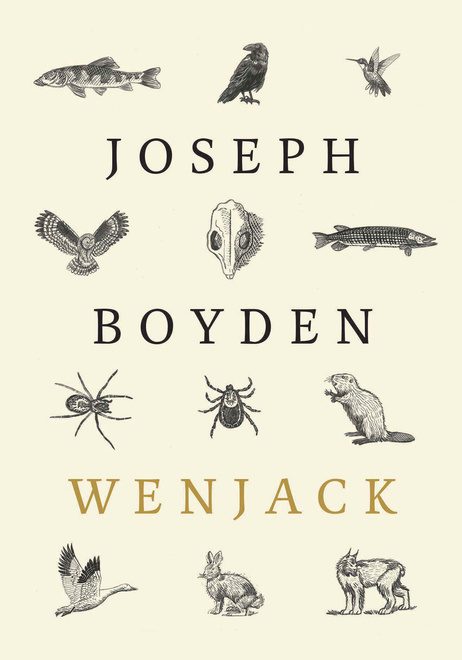
Recently the exceptional Canadian writer Joseph Boyden released a book about a First Nations boy named Chanie “Charlie” Wenjack who was born the same year as me, 1954. But rather than living a full and meaningful life as I've been able to do as white, middle class male, Chanie died at the age of twelve as the result of hunger and exposure. He ran away from his residential school, and perished as he attempted to return to his home. His death sparked national attention and the first inquest into the treatment of Indigenous children in Canadian residential schools.

Along with this book there is a project connected to Chanie Wenjack initiated by Gord Downie, the leader singer of the Tragically Hip. Downie has terminal brain cancer, so his Secret Path collection of sung poems in particularly poignant. As Downie's memory fades, he is collaborating with the Wenjack family to uphold the memory of a child wrested from his own culture by a system created by government and religious authorities. The concert which launched Secret Path this past Tuesday was moving, according to all reports. This from CBC News:
Pearl closed the concert with a traditional Anishinaabe healing song, sung without accompaniment. Her hand was held by Downie as she sang, her strong, clear voice softening with emotion at the fourth and final chorus. Charlie Wenjack's grave in Marten Falls First Nation at Ogoki Post in northwestern Ontario. She stepped back from the microphone, and then forward again. "My father died in 1987 without ever knowing why his son had to die," she said. "My mother still waits. To this day no one has told her why her son had to go." Wenjack's sobs filled the auditorium.


Both the federal government and various religious groups, including the United Church of Canada, have acknowledged what was cultural genocide, and the dark
truth that many of the children taken into the residential school system were not only abused, psychologically and physically, but died. The estimates of those who died has been growing steadily since the Truth and Reconciliation commission has fulfilled its grim mandate across the country.

Gord Downie and Pearl Wenjack ( Chanie's sister)
While we don't always want to have our sins revealed, whether individually or corporately, we know that the notions of forgiveness and reconciliation are hollow unless we confess and repent. I hope that the efforts of both Gord Downie and Joseph Boyden will help us as we discover how this can happen. I encourage you to revisit the apologies made by the United Church and read more about our participation in the Truth and Reconciliation Commission process.
When we hear of four children, with one only ten years old, taking their lives on a Northern Saskatchewan Reserve in recent days we realize the legacy of despair is still painfully real.
Comments?

2 comments:
I will always remember my stint working in a northern First Nations community in Saskatchewan. I often pondered how I would have turned out as an adult, if I had been born there and constantly seen drinking and fighting. If you throw the high rate of FASD into the equation, it makes it even more incredible that people can function in the community.
Yet, there were people who stayed out of trouble, who did not drink, and who lived off the land. We became friends, and they were there for me when my life depended on it(literally).
I have always felt that just because a community is remote and isolated does not necessarily mean it will be dysfunctional. The Chief and Council have opportunities to be progressive, to be role models, and to instill hope in the people in the community. I have seen examples. Unfortunately, there are some communities where leadership is lacking, and that is a huge factor in the problems in the community. The young people, especially, deserve better.
I often think of your firsthand experiences when these stories emerge Roger. Few of us have ever visited a reserve, let alone having lived on an isolated one. It would be good for those who are so negative and often racist in their responses to First Nations to be aware of your perspective.
Post a Comment